27 Articles
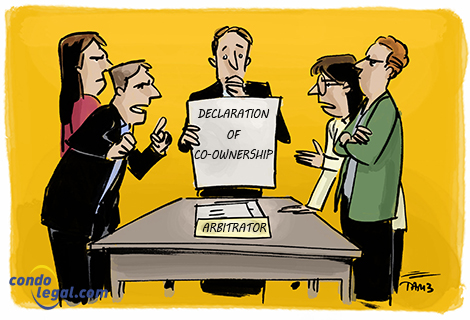
Conflicts within co-ownerships are not uncommon. They can arise between co-owners, in particular in the context of neighborhood annoyances (noise, abusive uses of the common portions) but also between the board of directors and the co-owners. They can be resolved amicably, for example through mediation, or through the judicial process or arbitration. The Code of Civil Procedure encourages alternative methods of dispute resolution, such as mediation, arbitration or conciliation. It even obliges the parties to "consider" the use of private…...
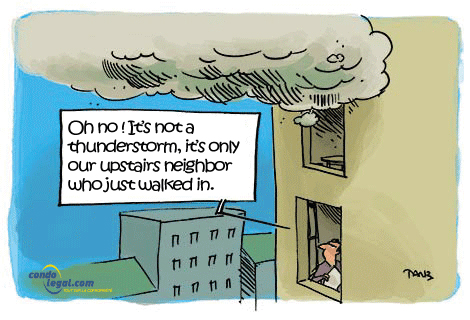
A source of permanent controversy in co-ownership, cannabis and tobacco smoking arouse passions. However, it is recognized that there is no inalienable right for a co-owner to smoke in the common portions or in a private portion. On the contrary, the common law on abnormal neighbourhood disturbances and the effects of second-hand smoke on the health of people exposed to it advocate prohibition. In this regard, the right to life and to the safety and…...

At a meeting of the board of directors, directors must not make any decision that is biased, or with the intention of harming the co-owners (or any of them) or disregarding their rights. In case of defect, the co-owners (or a director) can now take legal proceedings to oppose decisions taken by the Board of directors. Article 1086.2 of the Civil Code of Quebec, which came into force on January 10, 2020, allows the court to set aside or,…...
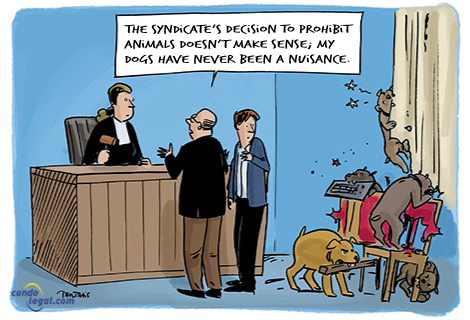
The co-owners have a legal proceeding when they oppose decisions taken by the meeting of the co-owners. They generally seek to contest decisions they consider unjustified. In order to promote the stability of the decisions made at the meeting of co-owners, the legislator allows such recourse only in certain circumstances. Thus, article 1103 of the Civil Code of Québec provides that any co-owner may apply to the court to annul or, exceptionally, to amend a…...

The municipal value of a property is often a basic measure of market value. With the increase in the market value of buildings, caused by a booming real estate market, a co-owner may have a clear interest in asking his municipality to change the value of his unit (to reflect its fair value). In this regard, an incorrect value of an apartment can lead to excessive tax bills or a depreciation of its market value.…...

A bathtub or a washing machine that overflows into the apartment below, a water heater that conks out and spills down six floors: losses involving the civil liability of a co-owner are many co-ownerships. And they are expensive! This is why the amount of insurance premiums and deductibles have increased significantly in recent years. Worse still, some insurers no longer want to insure co-ownerships, because of a loss ratio that has become out of control. This situation is…...
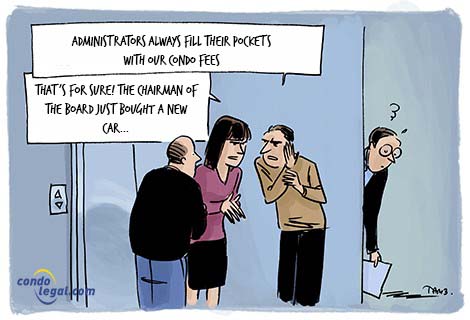
Co-ownership is an environment conducive to conflict and acrimonious exchanges. Some people who are members of a community of co-owners are sometimes victims. This can happen at an annual meeting, when spirits are heating up and frustrations are at their peak. Latent conflicts between a co-owner and a director, deep disagreement about a resolution put to the vote, excesses following an unbearable tension are all examples that illustrate that in such situations, defamatory or insulting…...

The declaration of co-ownership is a contract that orchestrates and regulates the lives of co-owners, lessees and other occupants of the immovable. It represents the guideline for everyone who lives in the immovable.The declaration of co-ownership provides, systematically, that it is up to the board of directors to have its content abided to. However, it happens that people break the rules, in particular by a non-compliant use of a private portion with regard to the…...

As part of its missions, the syndicate must authorize, if necessary, any work undertaken by co-owners, whether in the private portions or the common areas for restricted use. Co-owners should not forget that in co-ownership, certain rules apply. In this regard, certain declarations require co-owners to provide the board of directors with a description of the work to be undertaken in a private portion, in order to verify the scope and the consequences in terms…...
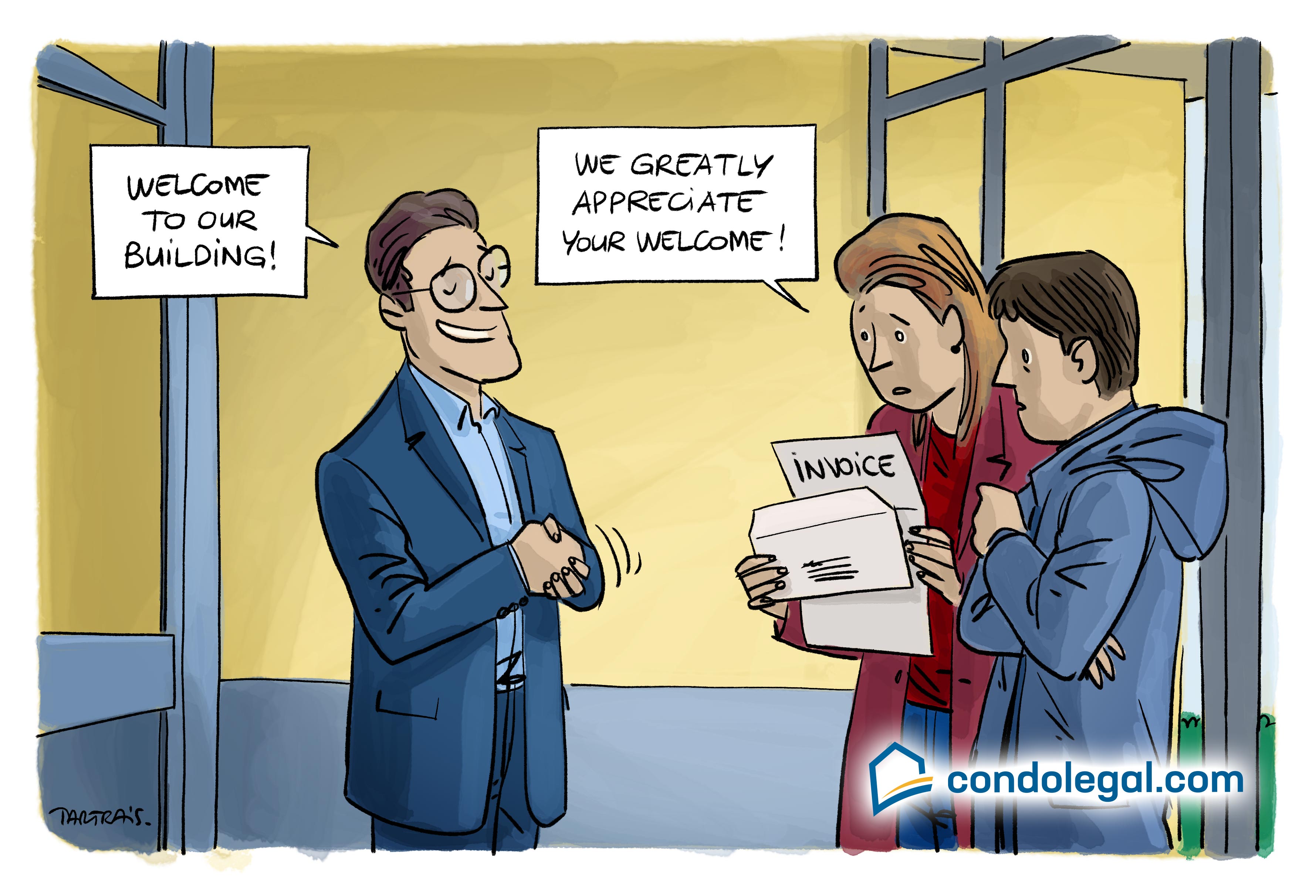
Common expenses (condo fees) must be paid by any co-owner. If they don't pay, they are considered "in default". The management of unpaid common expenses in co-ownership is a complex subject, often a source of concern for both syndicates and buyers. Indeed, the latter may find themselves responsible for the common expenses unpaid by the previous co-owner. Article 1069 of the Civil Code of Quebec plays a key role in defining the responsibility of the new…...
